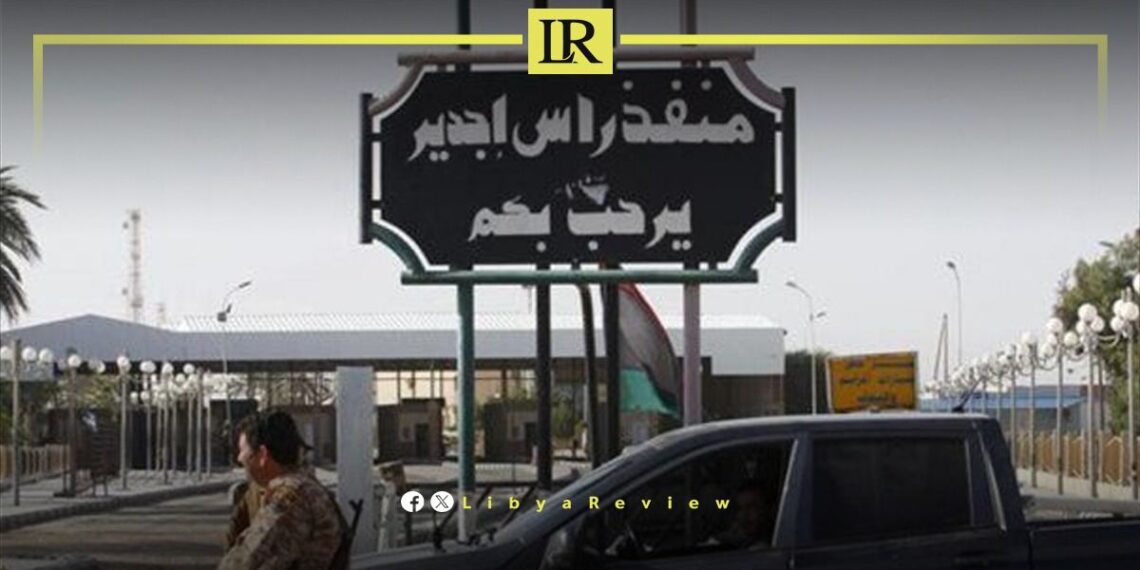Mustafa Abdel Kabir, the head of the Tunisian Observatory for Human Rights, has voiced concerns over the prolonged economic and social hardships facing Tunisia’s southern border regions and Libya’s western cities, attributing these difficulties to the repeated closures of the Ras Ajdir border crossing.
He cited the lack of progress in establishing a free logistics zone, hampered by insufficient funding and a lack of political will in both countries.
Speaking to The New Arab Newspaper, Abdel Kabir revealed that the border area has become a hotspot for international interests. He predicted that the economic struggles in these regions would persist, as international entities have effectively taken control of Ras Ajdir, a critical conduit for goods moving from Asia through North Africa to Europe.
“With the crossing closed and no economic solutions for the border areas, the region remains on unstable ground, and social vulnerability persists due to the heavy reliance on informal trade for livelihoods,” Abdel Kabir stated. He explained that while the Tunisian-Libyan border area has historically depended on informal cross-border trade, both governments recognized the need to organize this trade through a free logistics zone since 2009. However, the revolutions in both countries derailed the project.
He also highlighted the failure of successive Tunisian governments since the January 2011 revolution to find social and economic solutions for the southern border area, leaving residents to bear the brunt of the crossing’s closure.
The Ras Ajdir border crossing, a vital commercial hub between Tunisia and Libya, has been pivotal for trade and the livelihoods of thousands. Its closure disrupts economic activities and heightens social tensions. The crossing’s strategic importance has attracted various international players, complicating the situation further.
Since the fall of the Gaddafi regime in 2011, Libya has been embroiled in conflict and political instability, affecting its neighbors, particularly Tunisia. The free logistics zone was intended to enhance economic stability in the region, but political upheaval in both countries has stalled these plans.
Tunisia’s southern border regions have long suffered from economic neglect and underdevelopment. Many residents rely on informal trade to survive, making Ras Ajdir a lifeline. The closure of this crossing exacerbates economic hardships and social instability.


